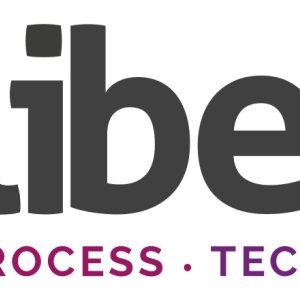
Calculate paid up capital | paid up capital meaning
Every share of a stock is supplied along with a base price, termed as the par. Usually, this value is kept low. So, any sum provided by the investors that tops the value of par is counted as a paid-up capital above par. While entering on the balance sheet, the value of par of supplied shares is registered as the preferred stock or the common stock. This will be filled under the column of stockholder equity. To make it clearer here is an example; if a company arranges an authorized capital of Rs 1cr and the value for every share is priced at Rs 10. The company then gets applications for 8L shares, but it registered only 1Cr shares of Rs 8 each. So, if all the needs of stockholders get met then the paid-in capital will become 80L. This helps us understand that the company is being funded by 80L via the stockholders depending on the number of shares bought by them. The capital that is left, i.e., Rs 20L, can be raised by the company at any given point in time. The Paid-up capital formula is: Paid Up Capital = No. of Equity Shares Issued by the Company * Portion of Face Value of Share called up. Let?s take an example, suppose a company ABC Ltd. whose Authorized Share Capital is 100, 0000 equity Share of Face Value Rs. 20. It has issued 1, 000 equity shares to the public and has called Rs. 10 per share. Here Paid-Up Capital = 10, 000 * 10 =10, 000 Therefore, the Paid-Up Share Capital of ABC Ltd. is Rs. 10, 000.
-
Category: Business & Industrial
Important!
There are a lot of advertisers on Advertigo. We cannot check them one by one.
You work hard for your money and you want a company you can rely on when you are buying or selling things. That’s why we want to help you protect yourself from fraud. In this section, you’ll find informative tips and other useful material to stay informed and help reduce your chances of falling victim to scammers.
Please understand that Advertigo.net is a free service to help buyers and sellers (and etc.) find one another. Advertigo.net is not involved in any transactions and can not police the actions of our many users.
Useful links
Similar ads
Venus detective agency – best female & private detective service
Searching for reliable private detective services in Bangalore? Venus Detective Agency is the Best Female
Venus Detective
Top online tuition for cbse board in usa – score a+ grades with
Looking for quality online tutoring for CBSE Board in USA? Ziyyara offers personalized learning solutions
Ziyyara Edutech Pvt Ltd
Aac block machinery manufacturers in india | +91 76759 89961 | b
Searching for reliable AAC Block Machinery Manufacturers in India? Buildmate stands out with top-quality, efficient,
Buildmate
Best female detective agency in gurgaon – venus detective agency
Seeking the Best Female Detective Agency in Gurgaon? Venusex Detective Agency, headquartered in Mumbai, provides
Venus Detective
Stainless steel 316/316l/316ti flanges exporter – jay steel cor
Find high-quality Stainless Steel 316, 316L, and 316Ti flanges at Jay Steel Corporation. As a
Jay Steel
Anniversary gifts
Find the perfect anniversary gifts that match your love story. Choose from personalized jewelry, romantic
Giftana
Reliable insurance translation services in india – get accurate
Need precise translations for insurance documents? Our expert linguists provide certified Insurance Translation Services in
Sandrabrivers
Get compliance audit and risk management services by calibehr
Calibehr takes care of statutory compliance audits, & risk management services to stay updated on
Calibehr
Battery charge discharge system | semco sit bcds-v 100v 200a 1ch
Looking for a reliable and high-performance Battery Charge Discharge System? The Semco SIT BCDS-V 100V
Semco Infratech
Vertical reciprocating conveyor manufacturers in india
Movecon Engineers is a trusted vertical reciprocating conveyor manufacturers in India. We produce high-performance lifting
Movecon Engineers







